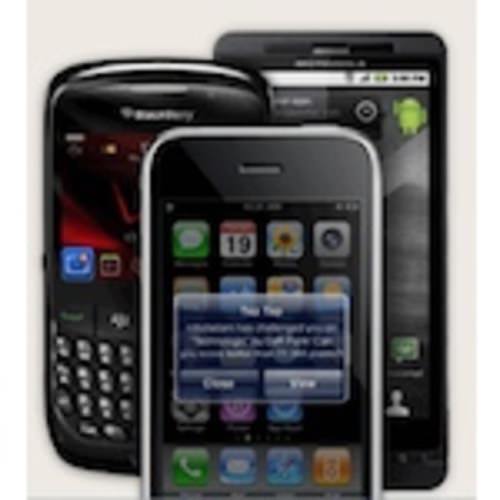If your smartphone fell into the wrong hands right this very moment, imagine the types of information that person would have instant access to.

If you’re like me, that unthinkable list includes things like your personal email, work email, Mint.com account, Google Docs, and all of the data you have stored in Evernote and Dropbox. If they were feeling particularly mischievous, they could post embarrassing updates to Facebook and Twitter under my name and avatar, and even publish something wildly inappropriate on ReadWriteWeb.
Fortunately, I keep my phone locked with a four-digit PIN number. Thus, in the rare event that my iPhone ever leaves my sight, it can’t be accessed should somebody else pick it up. While this may sound like common sense, I’m actually not in the majority in this case, according to a recent survey conducted by Confident Technologies.
More than half of consumers do not lock their smartphones, the survey found. Of those, 44% said it was “too cumbersome” to bother with. Thirty percent say they’re not concerned about the security risk. All of this is despite the fact that about half of them use their smartphones for banking or some other financial purpose.
This has risky implications not just for individuals and their private data, but for the companies those people work for. As smartphones become more popular among consumers, people are increasingly using them to access work email and networks, even in cases when the device is not company-owned or administered by the corporate IT department.
Mobile security will only get more important moving forward, as the line between our work and personal lives continues to blur and as the eventual mainstream adoption of NFC turns our phones into a substitute for our wallets, our keys and much else. If you think the idea of losing your phone is nightmarish now, just wait a few years.

















